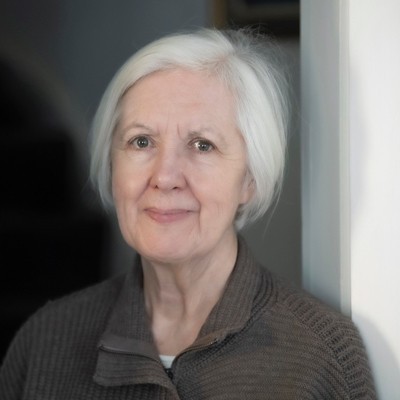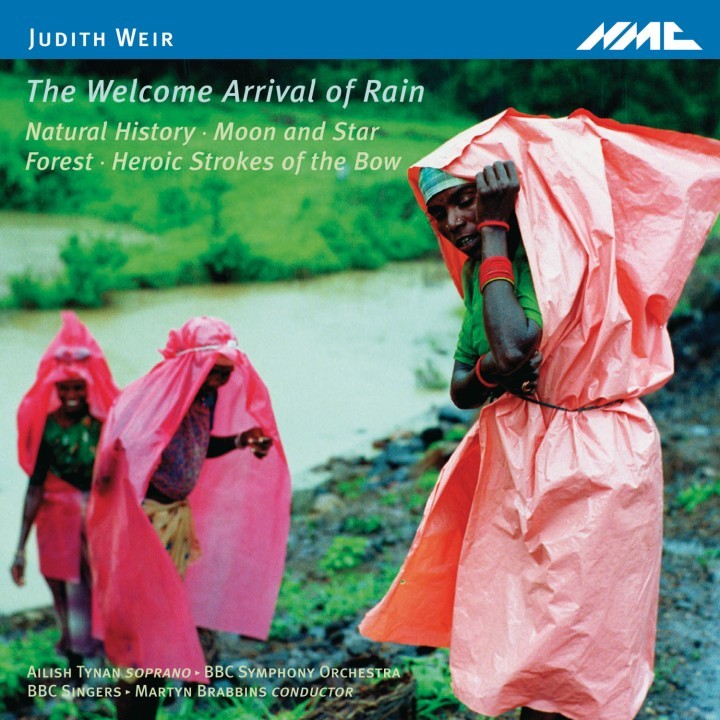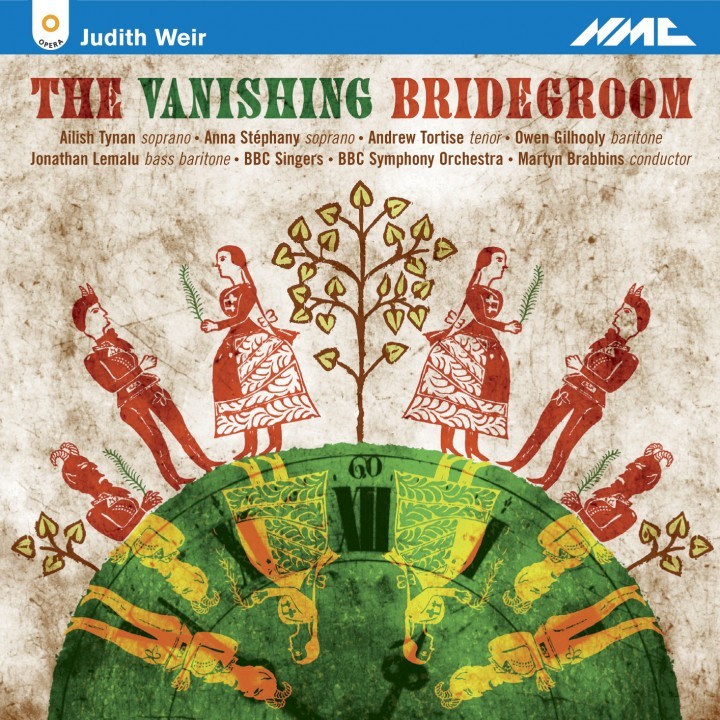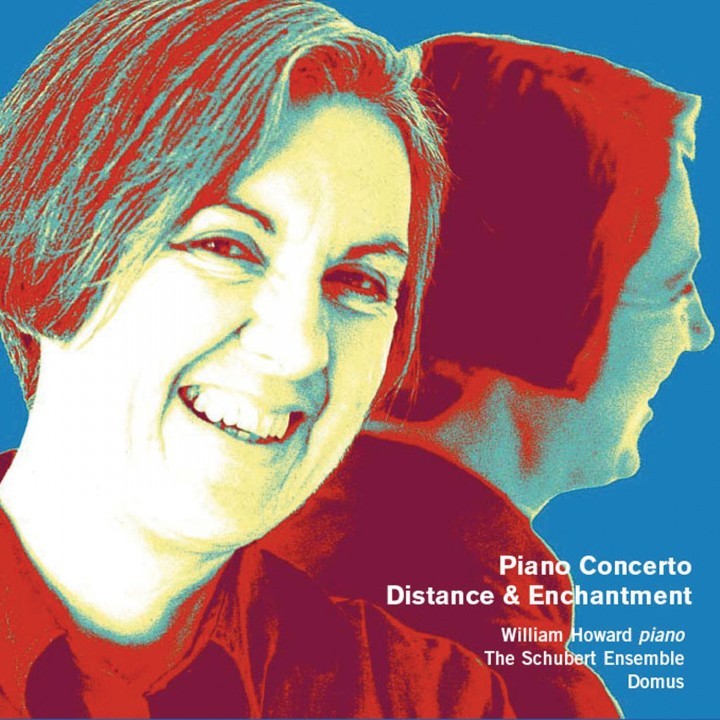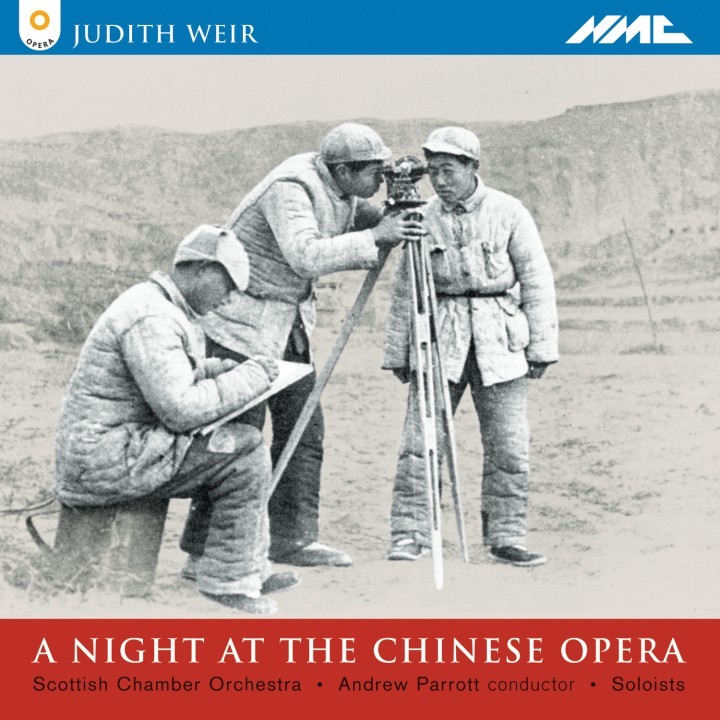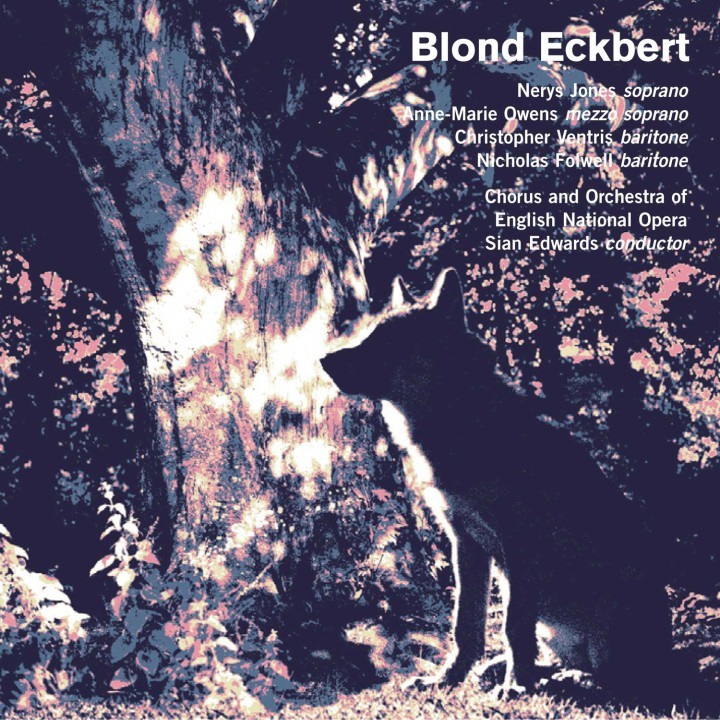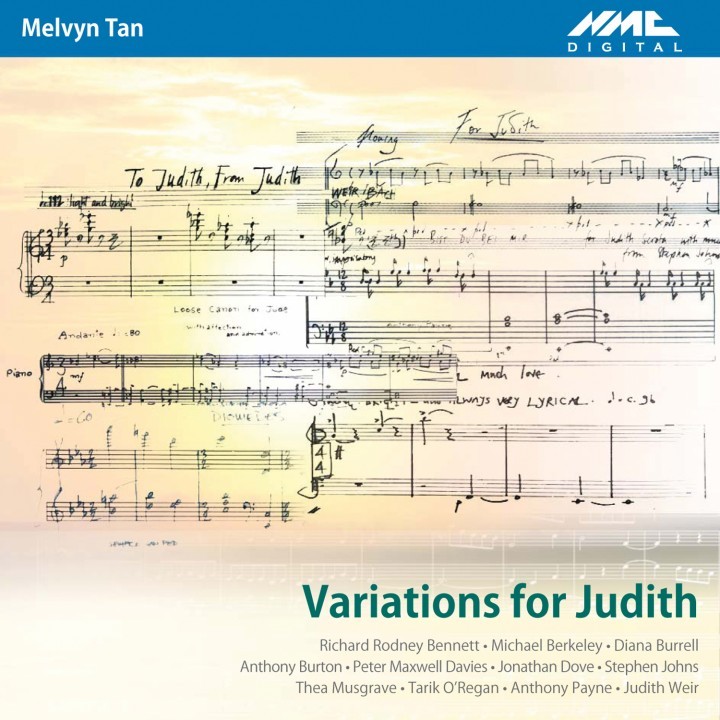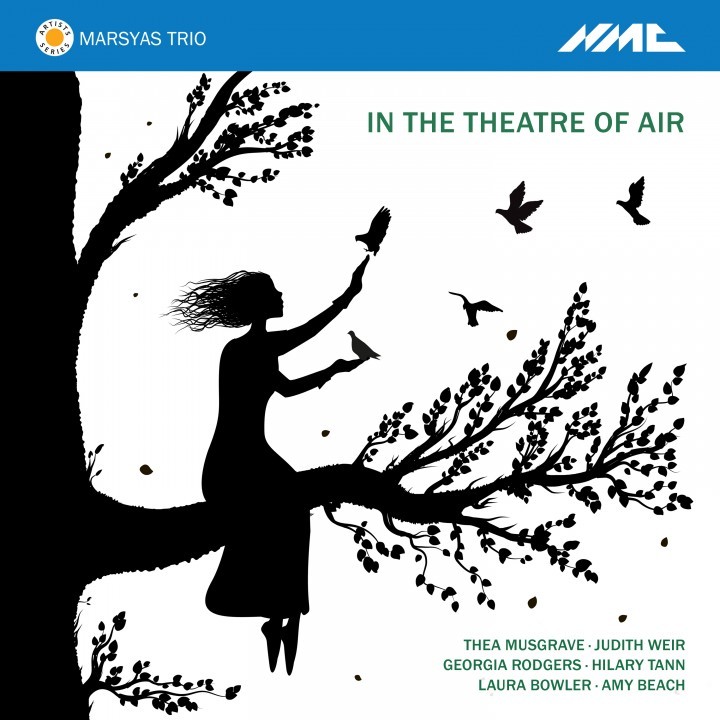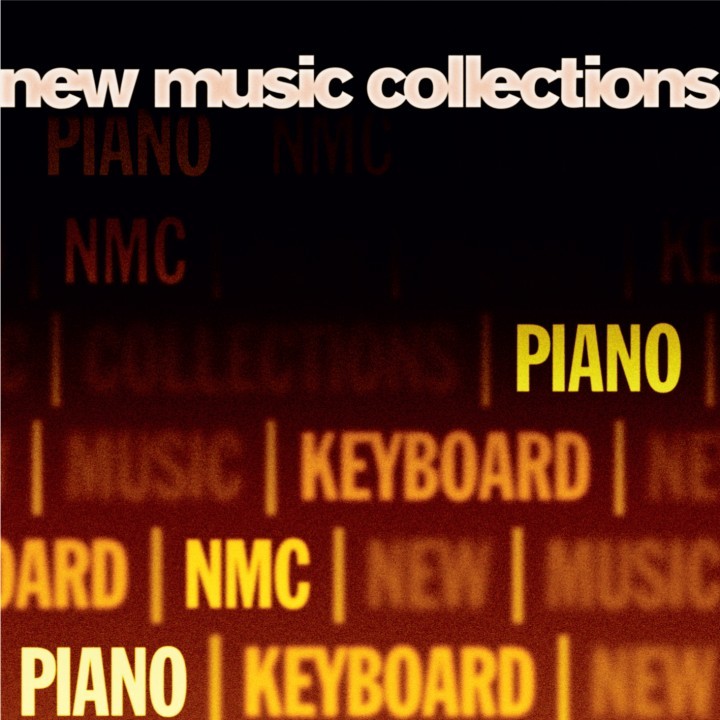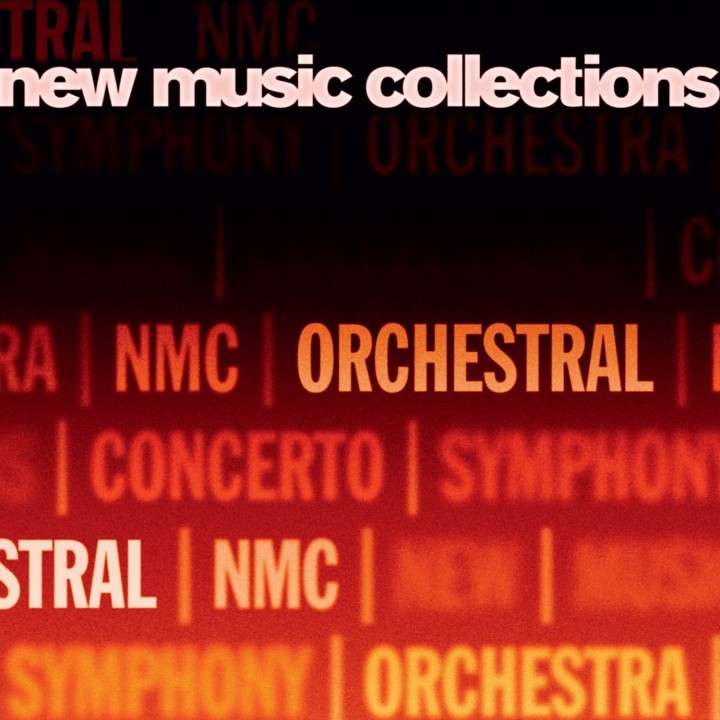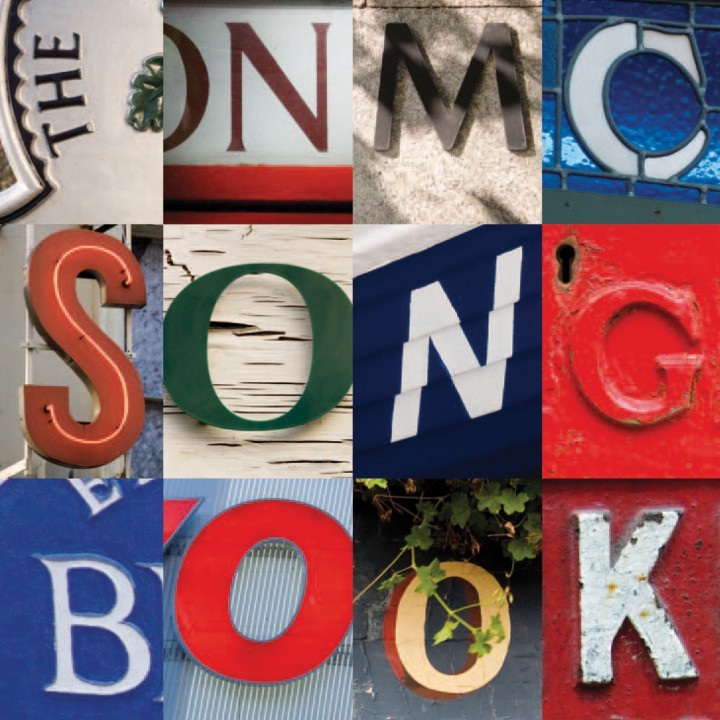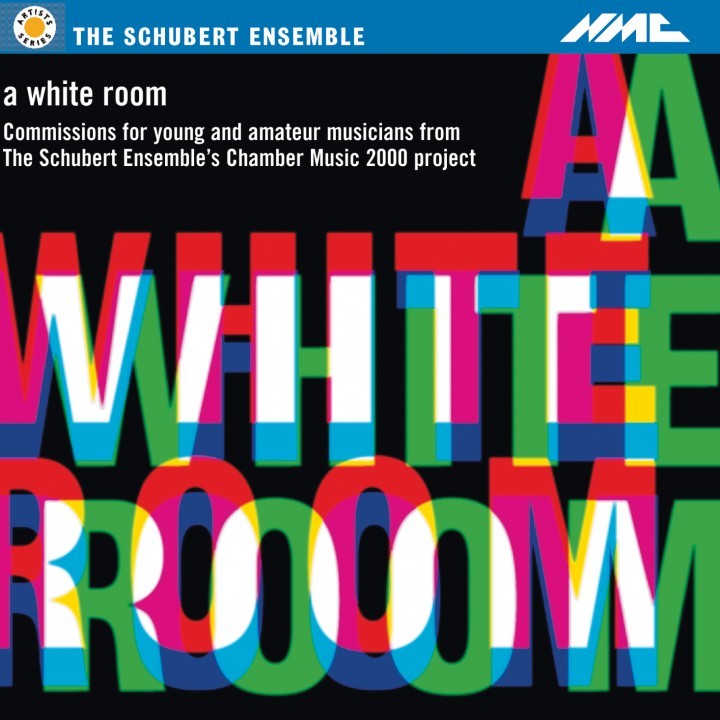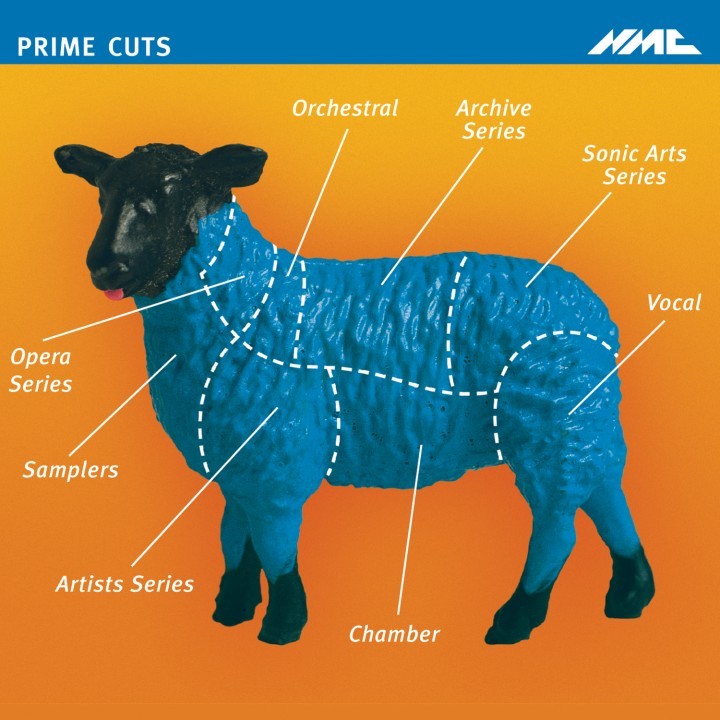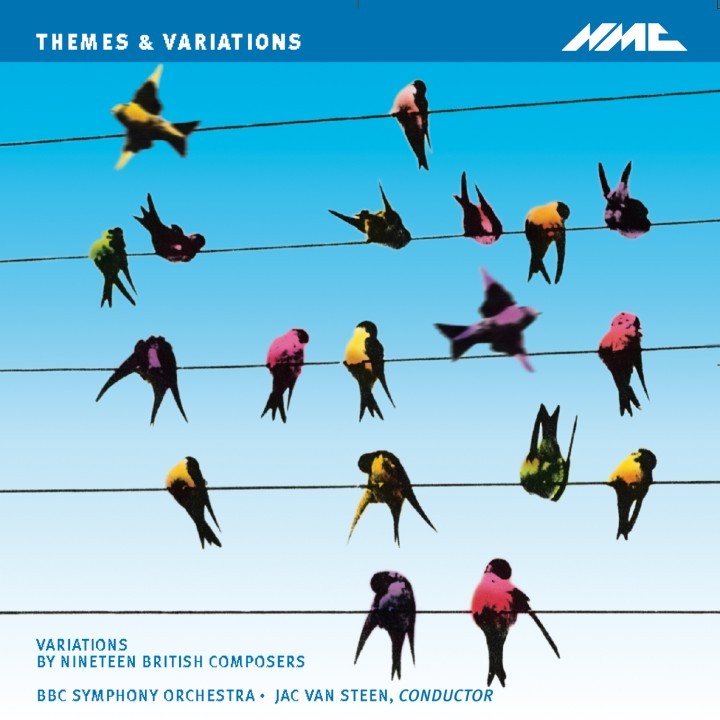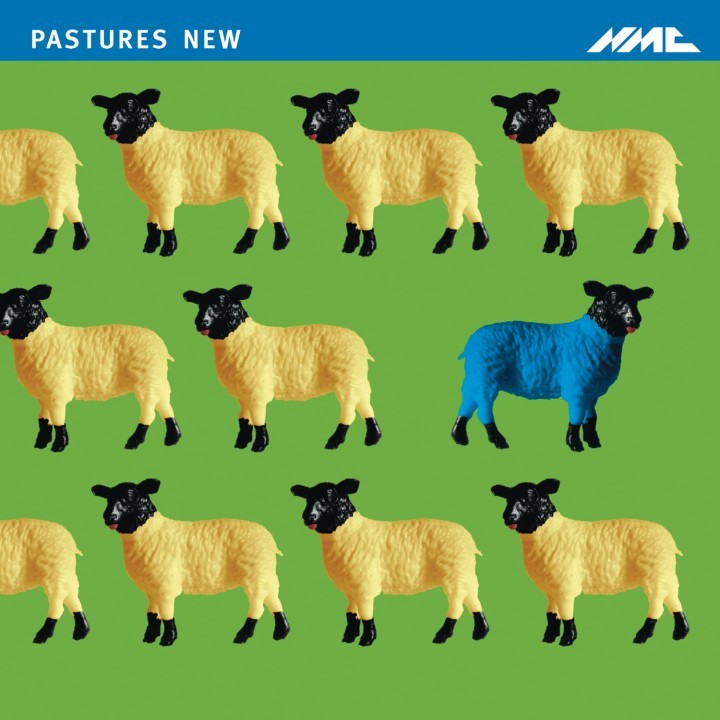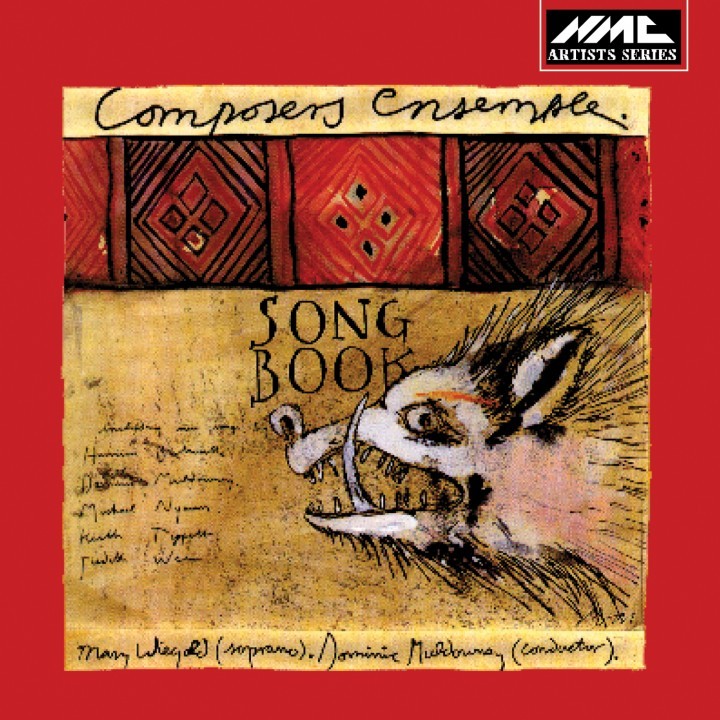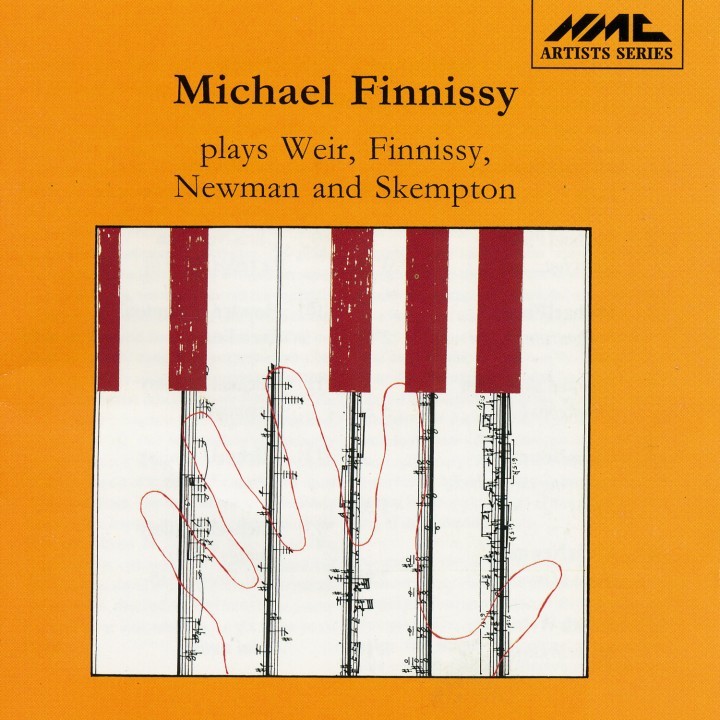Judith Weir
Judith Weir was born into a Scottish family in 1954, but grew up near London. She was an oboe player, performing with the National Youth Orchestra of Great Britain, and studied composition with John Tavener during her schooldays. She went on to Cambridge University, where her composition teacher was Robin Holloway; and in 1975 attended summer school at Tanglewood, where she worked with Gunther Schuller. After this she spent several years working in schools and adult education in rural southern England; followed by a period based in Scotland, teaching at Glasgow University and the Royal Conservatoire of Scotland.
During this time she began to write a series of operas (including King Harald’s Saga, The Black Spider, A Night at the Chinese Opera, The Vanishing Bridegroom and Blond Eckbert) which have subsequently received many performances in the UK, Germany, Austria, the Netherlands, Belgium and the USA. The most recent opera is Miss Fortune, premiered at Bregenz in 2011, and then staged at the Royal Opera House Covent Garden in 2012. In collaboration with director Margaret Williams, Weir has created several opera films, including Scipio’s Dream, Hello Dolly, and Armida.
As resident composer with the City of Birmingham Symphony Orchestra in the 1990s, she wrote several works for orchestra and chorus (including Forest, Storm and We are Shadows) which were premiered by the orchestra’s then Music Director, Simon Rattle. She has been commissioned by the Boston Symphony Orchestra (Music Untangled and Natural History) the Minnesota Orchestra (The Welcome Arrival of Rain) and the London Sinfonietta (Tiger under the Table); and has written concert works for some notable singers, including Jane Manning, Jessye Norman, Dawn Upshaw, Alice Coote, Ailish Tynan and Ruby Hughes. She has composed Concertos for Piano (William Howard) and Oboe (Celia Craig).
In recent years, Judith Weir has considerably expanded her choral catalogue, with regular performance by choirs worldwide of music such as her Christmas carol Illuminare, Jerusalem written for Stephen Cleobury and the choir of King’s College Cambridge. As associate composer with the BBC Singers (2015-19) she completed two oratorios; In the Land of Uz, about the prophet Job; and blue hills beyond blue hills, to Zen-influenced verse by the Scottish poet Alan Spence.
Now based in London, she has had a long association with Spitalfields Music Festival; and has taught as a visiting professor at Princeton, Harvard and Cardiff universities. Honours for her work include the Critics’ Circle, South Bank Show, Ivor Novello and Elise L Stoeger awards, a CBE and The Queen’s Medal for Music.
In July 2014 Judith Weir was appointed to the 395-year old royal post of Master of the Queen’s Music, in succession to Sir Peter Maxwell Davies. Amongst her priorities in this role are the support of school music teachers, of amateur orchestras and choirs, and of rural festivals. In this role, she has written music for national and royal occasions, including the Queen’s 90th birthday celebrations and the UK’s official commemoration of the 1918 Armistice. She has also created new music for many community groups and schools, including Burntwood School Wandsworth, Aberdeen Art Gallery, St Mary’s Church Dover and Greenacre School, Barnsley.
Judith Weir’s music has been widely recorded, particularly on the NMC and Delphian labels; and is published by Wise Music Classical.
Judith Weir was born into a Scottish family in 1954, but grew up near London. She was an oboe player, performing with the National Youth Orchestra of Great Britain, and studied composition with John Tavener during her schooldays. She went on to Cambridge University, where her composition teacher was Robin Holloway; and in 1975 attended summer school at Tanglewood, where she worked with Gunther Schuller. After this she spent several years working in schools and adult education in rural southern England; followed by a period based in Scotland, teaching at Glasgow University and the Royal Conservatoire of Scotland.
During this time she began to write a series of operas (including King Harald’s Saga, The Black Spider, A Night at the Chinese Opera, The Vanishing Bridegroom and Blond Eckbert) which have subsequently received many performances in the UK, Germany, Austria, the Netherlands, Belgium and the USA. The most recent opera is Miss Fortune, premiered at Bregenz in 2011, and then staged at the Royal Opera House Covent Garden in 2012. In collaboration with director Margaret Williams, Weir has created several opera films, including Scipio’s Dream, Hello Dolly, and Armida.
As resident composer with the City of Birmingham Symphony Orchestra in the 1990s, she wrote several works for orchestra and chorus (including Forest, Storm and We are Shadows) which were premiered by the orchestra’s then Music Director, Simon Rattle. She has been commissioned by the Boston Symphony Orchestra (Music Untangled and Natural History) the Minnesota Orchestra (The Welcome Arrival of Rain) and the London Sinfonietta (Tiger under the Table); and has written concert works for some notable singers, including Jane Manning, Jessye Norman, Dawn Upshaw, Alice Coote, Ailish Tynan and Ruby Hughes. She has composed Concertos for Piano (William Howard) and Oboe (Celia Craig).
In recent years, Judith Weir has considerably expanded her choral catalogue, with regular performance by choirs worldwide of music such as her Christmas carol Illuminare, Jerusalem written for Stephen Cleobury and the choir of King’s College Cambridge. As associate composer with the BBC Singers (2015-19) she completed two oratorios; In the Land of Uz, about the prophet Job; and blue hills beyond blue hills, to Zen-influenced verse by the Scottish poet Alan Spence.
Now based in London, she has had a long association with Spitalfields Music Festival; and has taught as a visiting professor at Princeton, Harvard and Cardiff universities. Honours for her work include the Critics’ Circle, South Bank Show, Ivor Novello and Elise L Stoeger awards, a CBE and The Queen’s Medal for Music.
In July 2014 Judith Weir was appointed to the 395-year old royal post of Master of the Queen’s Music, in succession to Sir Peter Maxwell Davies. Amongst her priorities in this role are the support of school music teachers, of amateur orchestras and choirs, and of rural festivals. In this role, she has written music for national and royal occasions, including the Queen’s 90th birthday celebrations and the UK’s official commemoration of the 1918 Armistice. She has also created new music for many community groups and schools, including Burntwood School Wandsworth, Aberdeen Art Gallery, St Mary’s Church Dover and Greenacre School, Barnsley.
Judith Weir’s music has been widely recorded, particularly on the NMC and Delphian labels; and is published by Wise Music Classical.
Recordings by this composer
RecordingsCompilations with this composer
CompilationsRelated composers
Related composersMusic Map
Discover more about the classical music of today with NMC's Music Map, and exciting and educational online tool which enables you to see and hear the connections between composers, their teachers, pupils, influences and their works.
Music Map
